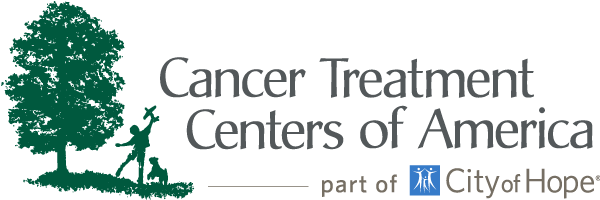

CTCA通過我們的綜合護理中心和門診護理中心為美國各地的地點提供服務。beplay官网ued我們的國家癌症醫院網絡已獲得眾多著名醫療保健組織的認證和認證,以提供高質量的護理和超出患者安全標準。



CTCA的醫生和臨床醫生是由專家領導的多學科護理團隊的一部分,這些專家專家致力於診斷和治療癌症。通過探索以下鏈接,了解有關我們治療的不同類型癌症的更多信息,包括有關症狀,危險因素和治療選擇的信息。
與一群癌症醫生一起圍繞自己,您可以通過應有的緊迫感做出有關護理的明智決定所需的答案。If you’ve been diagnosed with cancer, or you’re already undergoing treatment, and you’re unsure of what to do, the cancer doctors at CTCA will work with you to design a treatment plan that’s personalized for your diagnosis and your individual needs, treating not just the disease but also helping you manage side effects and get back to life.
單擊下麵的鏈接以了解有關我們的癌症治療專家的更多信息